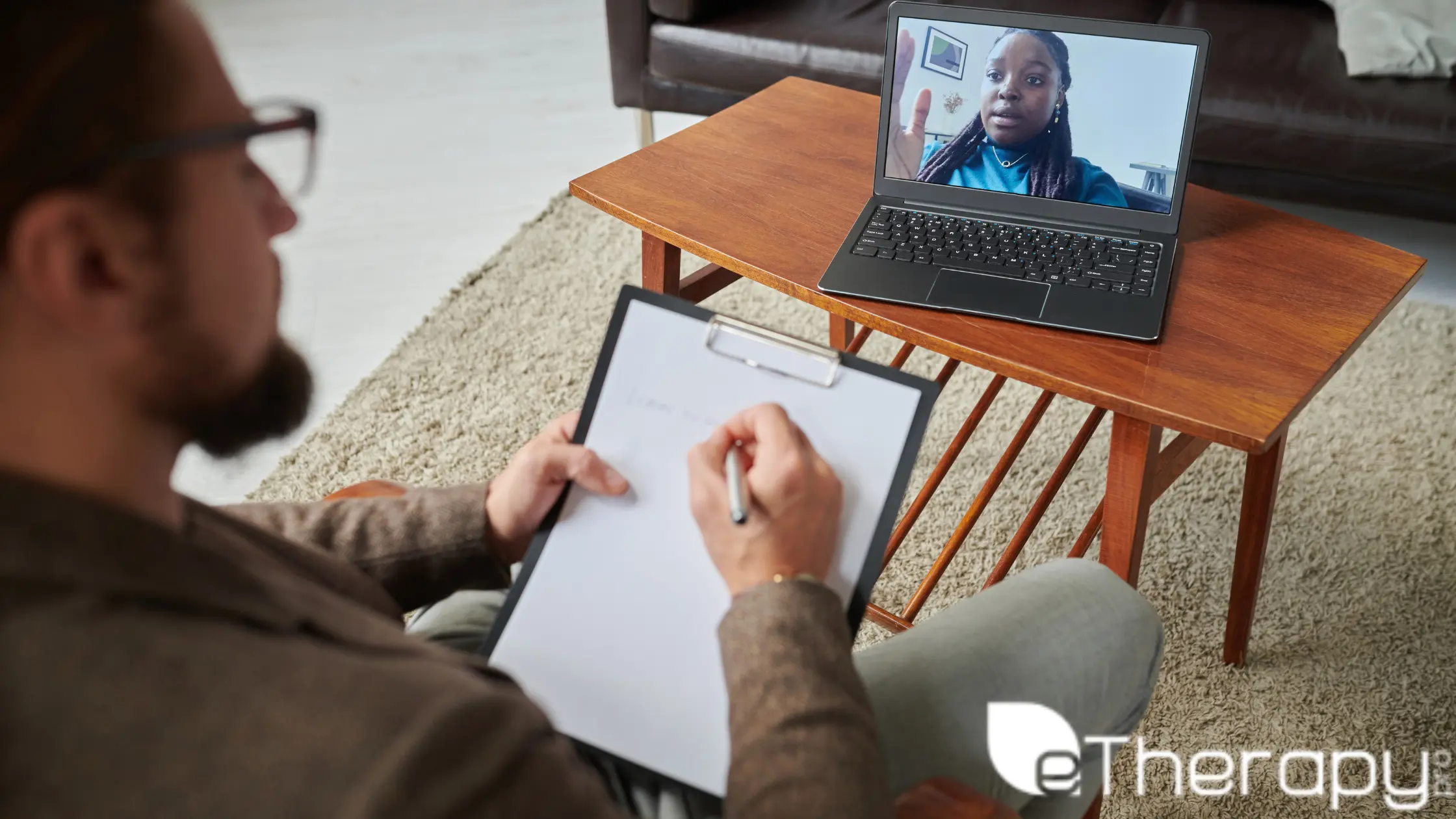Many people have started to attend online therapy instead of regular face-to-face therapy. This option has existed for several years, but the pandemic has made it more popular. However, many struggle to get what they need from this form of therapy and are forced to abandon it or look for alternatives. We recommend the following tips to make the sessions more successful:
1. Commit to the Therapy Online
It is important to take therapy seriously, even if you’re attending it from the comfort of your bedroom. That’s one of the biggest reasons why therapy doesn’t work out for some people. They don’t take it as seriously as they should, wasting time and money.
Be open and truthful in your sessions, implement the positive steps the therapist has recommended, and utilize the different coping mechanisms recommended as well. Doing that will help you get the most out of these sessions.
2. Work on Your Environment: Therapy Online
The biggest advantage of online therapy is that you can attend from any location without problems. You can attend the session from home, office, at a friend’s house, or even at a café. However, it is important to ensure your environment is comfortable and doesn’t cause you any undue distress.
For example, if you suffer from social anxiety, a noisy café may not be the most ideal place to attend therapy. However, if you want to be around people and find comfort in busy places, consider attending sessions in cafes.
Depressed individuals often feel more downtrodden and weighed down if their environment is messy or disorganized. Attending sessions in a messy room may not be an ideal choice.
By making sure your environment is suitable and puts you in a good mood, you can improve the overall effectiveness of the sessions.
3. State of Your Body: Therapy Online
Sometimes, therapy requires a lot of focus and energy, especially if you’re discussing difficult topics. It doesn’t make sense to attend sessions when your body is uncomfortable or deprived of rest or food. Make sure you grab a bite to eat and drink enough water to stay hydrated. It is also important to ensure you are well-rested so you can focus on the session comfortably.
If you’re ill, have a headache, or are in any sort of physical distress that will distract you during sessions, it is a good idea to postpone them as much as possible.
4. Consistency
Therapy is an ongoing process. Like any medical aid, you need to complete the course to get the maximum benefit. However, many people drop therapy without resolving the issues or taking a long break. Unfortunately, that does more harm than good.
Don’t skip sessions unless you are unwell and have no other alternative. Schedule your sessions at regular intervals and make sure too much time doesn’t lapse between them.
Consistency can help you recover faster and reduce the number of overall sessions as well. Inconsistent sessions make things difficult for both the doctor and the patient.
5. No Disturbance
When you attend therapy, you need to focus on the session. Put away anything that is distracting or can disrupt the session, including phones and other devices. Make sure your friends and family know not to disturb you. Let people know to only call you if there is some sort of emergency.
When you’re in an online therapy session, you are focused on your therapist and your mind is focused on the task at hand. Switching gears at this point can hamper your progress and cause a lot of frustration. Create an environment where you won’t be disturbed to have a successful therapy session.
6. Be Honest During Sessions: Therapy Online
Few things are as important as being honest with your therapist. You will want to convey your concerns and issues clearly so your therapist can understand what they are dealing with.
You don’t want to mislead the counselor because the advice they offer may end up being faulty. Most therapists know how to dig deep and ask guiding questions to ensure you’re more comfortable being honest about your concerns.
7. Don’t Stop Therapy Online Immediately
If you start seeing signs of improvement and feel like you have overcome your issues, don’t stop therapy immediately. It can be tempting to stop because you want to save money and time, but staying is a good choice.
You may have other underlying issues to address or may not be ready to pull away from the professional support just yet. Attend a few more sessions and only stop when you are completely confident in your recovery.
These tips will help you get the most from your online therapy and ensure you are on the right track. If you feel like you’re not benefiting from your sessions, consider these points carefully and give it some time. You may just need to alter your approach.




